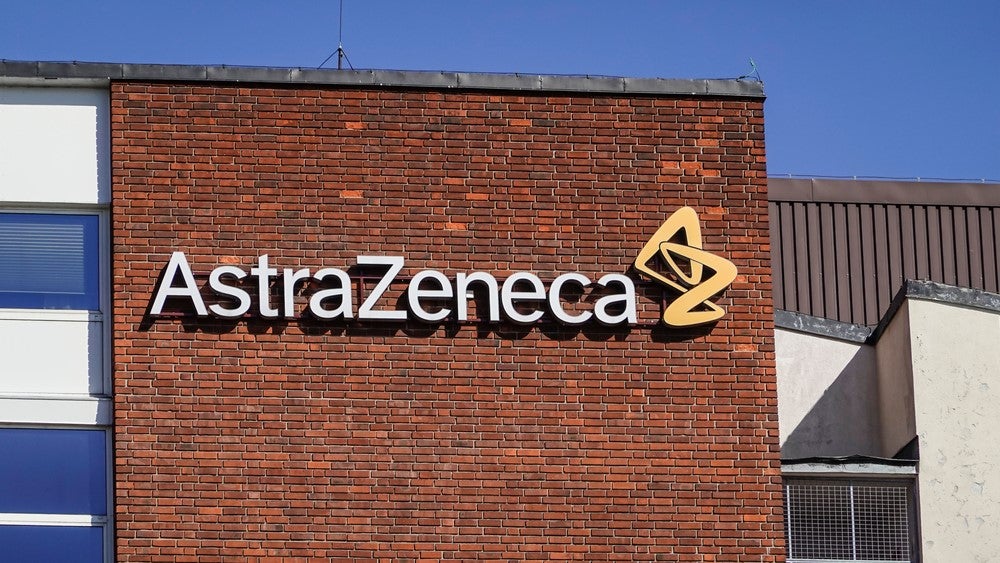
AstraZeneca’s Fasenra (benralizumab) met its primary endpoint in the MANDARA trial by demonstrating non-inferiority to the current standard of care, GSK’s Nucala (mepolizumab), in patients with eosinophilic granulomatosis with polyangiitis (EGPA).
EGPA is a rare form of vasculitis, an inflammation of blood vessels. It initially presents as adult-onset asthma before progressing to multi-organ failure. EGPA treatment includes corticosteroids and Nucala.

Discover B2B Marketing That Performs
Combine business intelligence and editorial excellence to reach engaged professionals across 36 leading media platforms.
Nucala is the first US Food and Drug Administration (FDA) approved biologic therapy for the treatment of EGPA. It is an interleukin (IL)-5 targeting monoclonal antibody that was first approved in 2015.
Fasenra is a monoclonal antibody that inhibits IL-5 alpha on eosinophils (a type of white blood cell), to induce cell death of eosinophils. The drug was first developed by Japanese company BioWa and has since been licensed to AstraZeneca.
Fasenra was first approved as an add-on maintenance therapy for patients with uncontrolled severe eosinophilic asthma. It is also under investigation for the treatment of multiple skin disorders, including atopic dermatitis and chronic spontaneous urticaria.
GlobalData expects both Fansenra and Nucala to have comparable sales in 2029, generating $2.3bn and $2.1bn, respectively.

US Tariffs are shifting - will you react or anticipate?
Don’t let policy changes catch you off guard. Stay proactive with real-time data and expert analysis.
By GlobalDataGlobalData is the parent company of Clinical Trials Arena.
“This trial demonstrates that a biologic medicine given in a single monthly injection could help patients achieve remission rates comparable to the current standard of care, adding to the importance of Fasenra as a potential treatment option for eosinophilic granulomatosis with polyangiitis,” said the trial’s principal investigator, Dr Michael Wechsler, in a press release.
The randomised active-controlled Phase III (NCT04157348) trial compared the efficacy and safety of Fasenra to Nucala in patients with EGPA. The patients were randomised into 70 patients per group and received either 30mg of a single dose of subcutaneous Fasenra or three doses of 100mg of subcutaneous Nucala, once every four weeks.
Commonly observed adverse reactions were headache, pharyngitis (sore throat), and injection site reactions.





